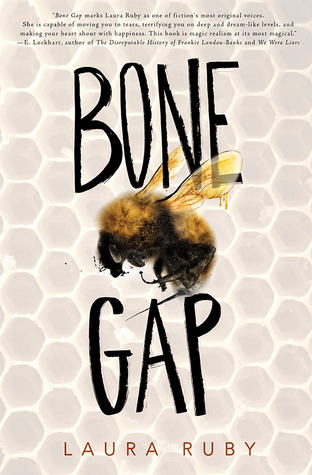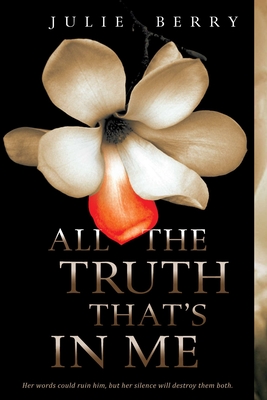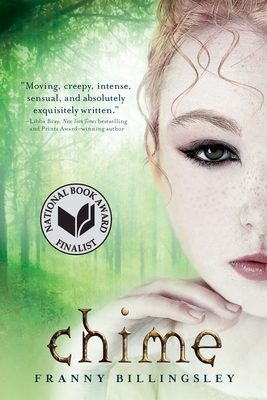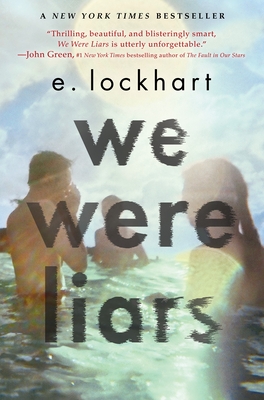
There are so many good writers for young people out there these days, writers whose strengths lie in great premises, pitch-perfect kid appeal, flawless pacing, intriguing world-building, irresistible humor, and more.
And then there are the writers who do some or all of the above, but with an extra magic. They spin their tales with fabulous language, a deft attention to cadence, tone, and atmosphere, a brilliant sense for the gaps and leaps, sparseness and richness, vividness and delicacy of narrative art. They are the writers who make other writers remember why they love writing.
I just finished reading Laura Ruby’s Bone Gap (HarperTeen/Balzer + Bray) and it created a kind of haunting mysterious gorgeousness that comes along once in a while and thrills a reader like me to the — well, to the bones.
I won’t say much about Bone Gap‘s plot except to say that it involves two brothers, fractured lives, a tiny, overly interconnected town, strangers both beautiful and monstrous, violence under a veneer of creepy blandness, and ominous corn. I couldn’t set this book down.
It spun a web around me in a way that reminded me of books by a few other YA writers whose gifts with language strike me similarly. They all have styles that are unique and mesmerizing. If you want to sink into language and beauty that is simultaneously stark and lush, add Bone Gap to your reading stack along with Julie Berry’s All the Truth That’s in Me (Speak), E. Lockhart’s We Were Liars (Delacorte), and Franny Billingley’s Chime (Speak) (and her equally astonishing The Folk-Keeper (Aladdin).



While I don’t only love gorgeously written books, I do especially love them. But I’m extra picky about prettily written books, because there’s a line where ‘poetic’ becomes ‘precious,’ and I don’t like books that feel self-consciously or self-indulgently beautiful, books with no plot, or the kind that evaporate from memory the moment I’m done reading the lovely language.
Gorgeous books, to me, are the ones that reignite a blaze of appreciation for the subtleties and possibilities of language—the things you almost forgot words can do when strung together in dazzling, unexpected ways—and admiration of the fascinating elisions and collisions that happen in the narratives of confident storytellers.
There can be a fine line between a soufflé and a mess of egg, and it’s a difference of artistry, practice, a lot of work, and maybe a little luck. All I know is, these writers have some kind of special hot-wired connection to a particularly wild and ungovernable Muse, and we are the charmed, haunted beneficiaries.

Agreed, Elizabeth. Another example of a compelling story beautifully told is Terry Farish’s The Good Braider.